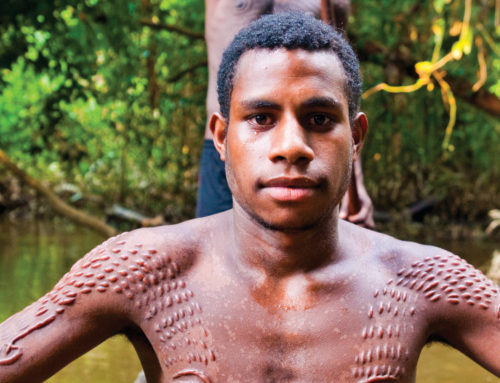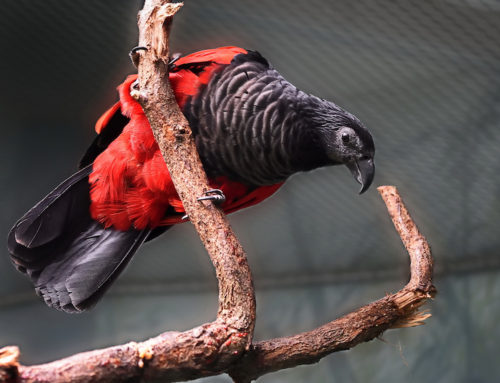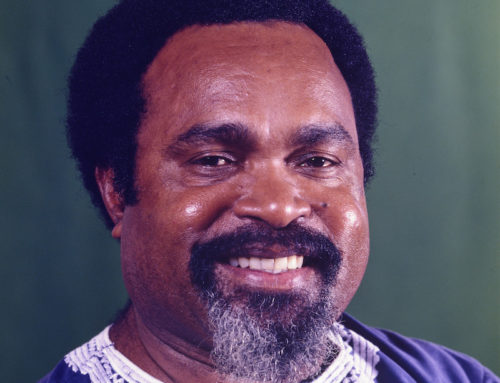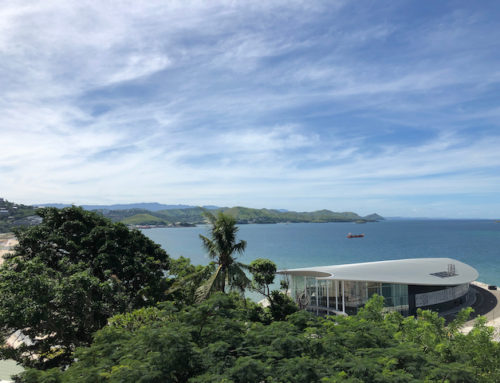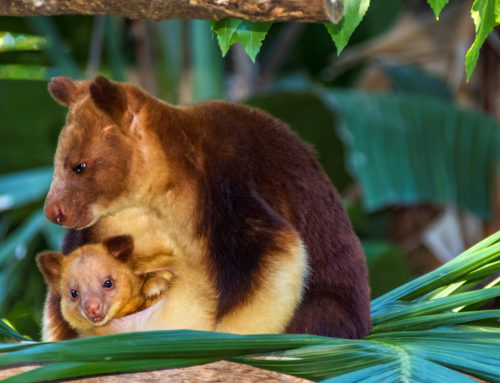Remembering WWII’s Fuzzy Wuzzy Angels
Thursday 23 April, 2020
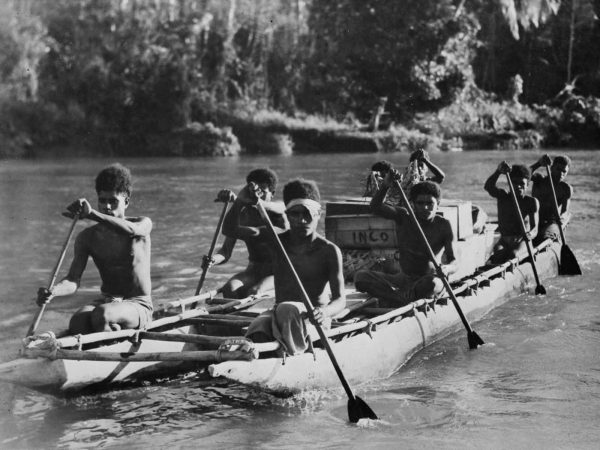
Before WWII came crashing into their villages and communities, the people of Papua New Guinea’s Kokoda area had largely lived a traditional existence with little influence from the outside world.
But as the battle to secure Papua New Guinea intensified in the Owen Stanley Ranges, around 49,500 Papua New Guineans would become inextricably linked with the safety and wellbeing of Australian soldiers.
Deployed as labourers, carriers and scouts, they helped transport supplies, navigated the treacherous terrain and ferried the injured to safety from the battlefront.
Known as the Fuzzy Wuzzy Angels, these native Papua New Guineans are credited with saving countless Australian lives.
The battle for Port Moresby
In 1942, the battle between Australian and Japanese forces for the strategic stronghold of PNG had reached a new intensity.
The Japanese Imperial Army had built up a force of over 13,500 at Gona, with the intention of advancing over the Owen Stanley Range via the treacherous Kokoda Track to ultimately capture Port Moresby.
Months of bitter fighting would follow, resulting in heavy casualties on both sides. The local people of PNG were not immune. Their crops were trampled, their villages destroyed, lives were lost, and many were recruited to work on behalf of both the Japanese and Australian forces.
Their role was to carry supplies to the frontlines, negotiate the landscape and cart wounded soldiers back to safety.
Around 49,500 Papua New Guineans worked on behalf of the Australian forces, often in extreme heat with little reward.
Yet the care, compassion and vital lifeline they offered the wounded has become the stuff of legend in the form of the Fuzzy Wuzzy Angels.
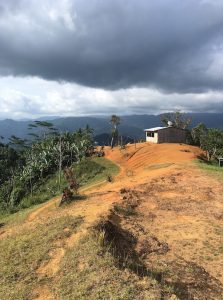
Kokoda Trail, Papua New Guinea
The Fuzzy Wuzzy Angels
Known collectively as the Fuzzy Wuzzy Angels, the Papua New Guineans assisting Australia’s wounded were renowned as tireless in their care. In total 650 Australian lives were lost during the Kokoda campaign, but that figure would have been much, much higher without invaluable local knowledge and aide.
As one Australian soldier recounted:
“They carried stretchers over seemingly impassable barriers, with the patient reasonably comfortable. The care they give to the patient is magnificent. If night finds the stretcher still on the track, they will find a level spot and build a shelter over the patient.
“They will make him as comfortable as possible fetch him water and feed him if food is available, regardless of their own needs. They sleep four each side of the stretcher and if the patient moves or requires any attention during the night, this is given instantly. These were the deeds of the “Fuzzy Wuzzy Angels” – for us!”
No known soldier was ever abandoned by the Fuzzy Wuzzy Angels, even during heavy combat. They worked in extreme conditions, sometimes until they dropped. Ultimately, more than 2000 lost their lives.
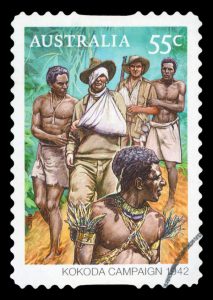
Overdue recognition
Seventy-seven years after the infamous Kokoda Campaign, Papua New Guinea’s Fuzzy Wuzzy Angels were finally recognised in 2019, with a memorial located in the remote village of Naduri halfway along the Kokoda Track.
It recognises a unique bond between Australia and Papua New Guinea which saw the country’s locals pay a hefty and heartfelt price.
Extract from the ‘Fuzzy Wuzzy Angels’
May the mothers of Australia
when they offer up a prayer
Mention those impromptu angels
with their fuzzy wuzzy hair.
By Sapper Bert Beros
NX6925, 7th Australian Division, Royal Australian Engineers
About Paga Hill Estate
Paga Hill Estate is a world-class, master-planned estate in the heart of Port Moresby, Papua New Guinea. The waterfront site is the first comprehensively planned multi-use development in Papua New Guinea to be enjoyed by both residents and visitors alike.
The all-inclusive development will include vibrant public spaces and waterfront promenade, luxury hotels, residential apartments, restaurants, retail, commercial space, a Trade, Exhibition & Cultural Centre, restoration of WWII relics, marina precinct and a nearby international cruise liner terminal.

